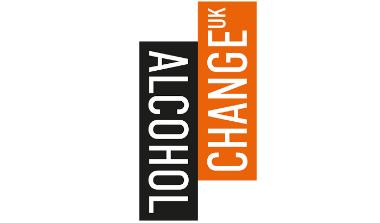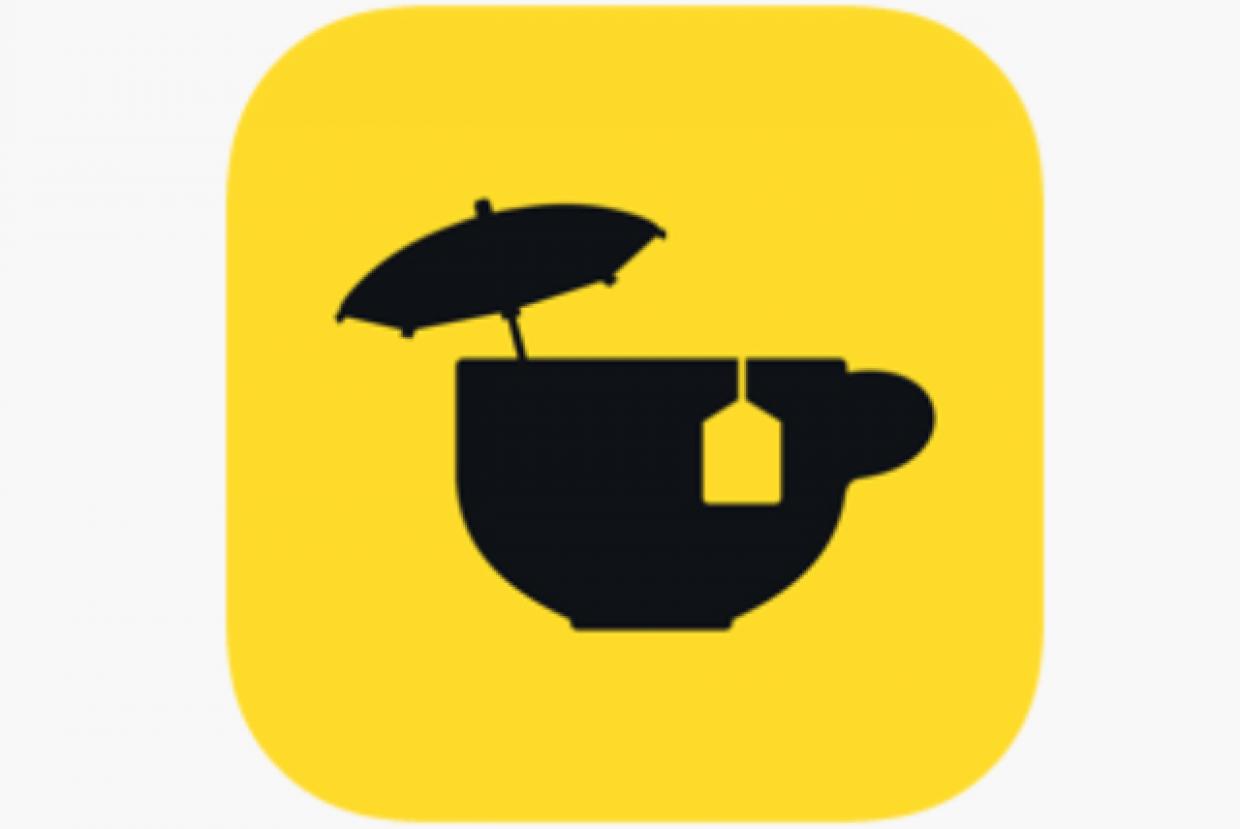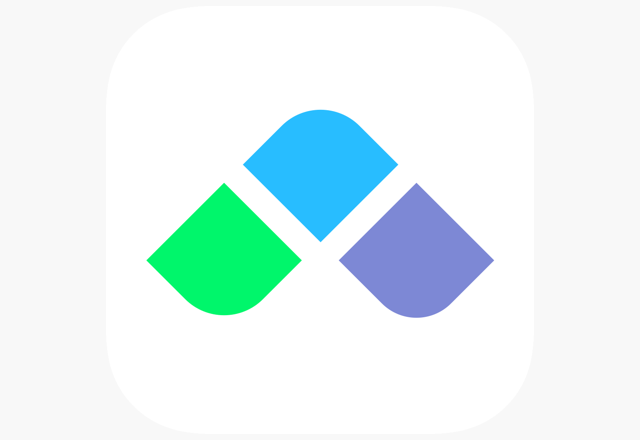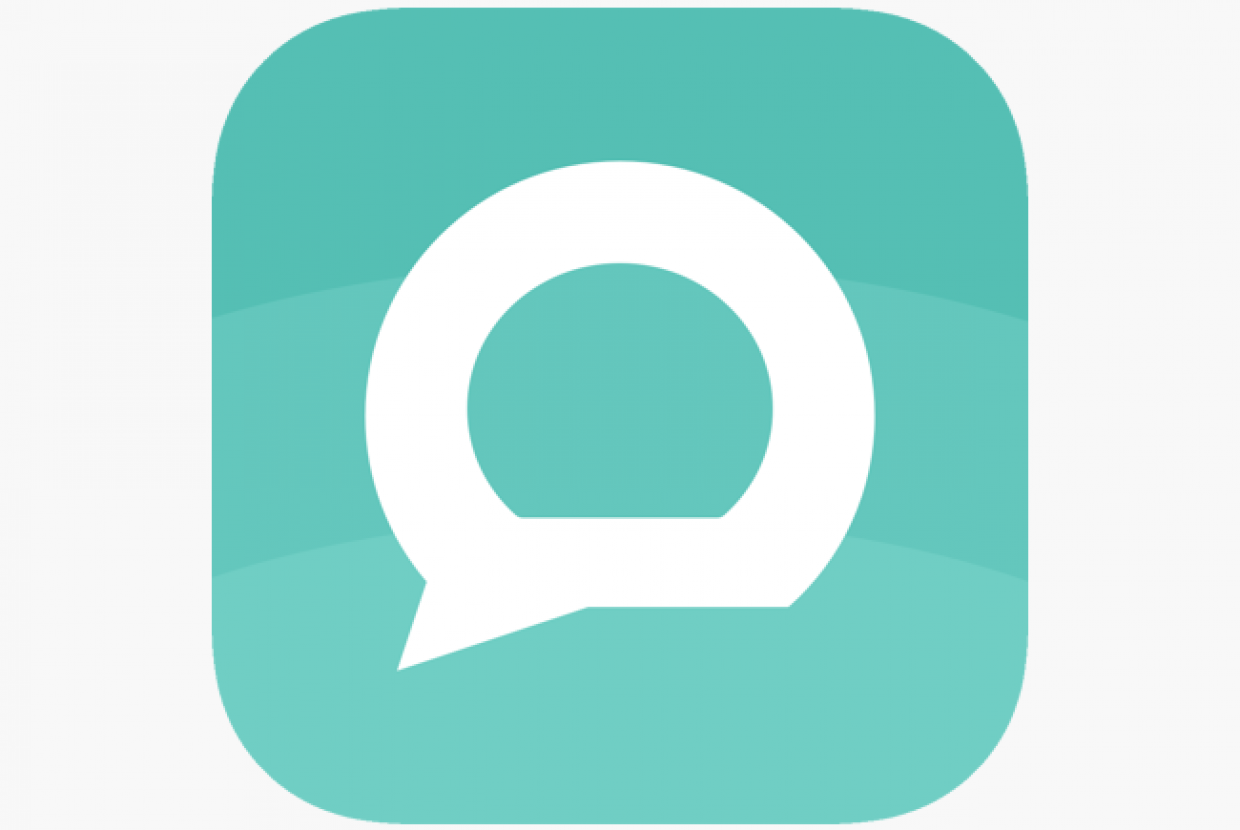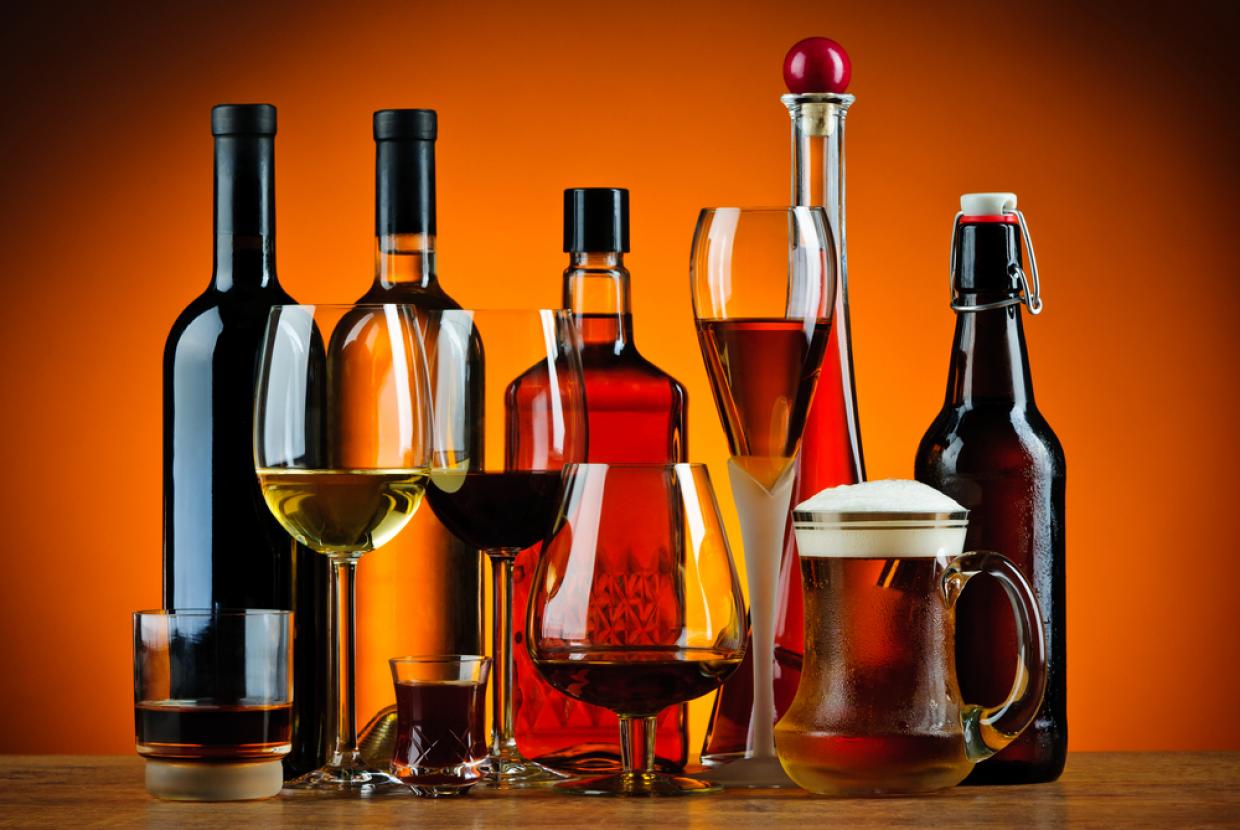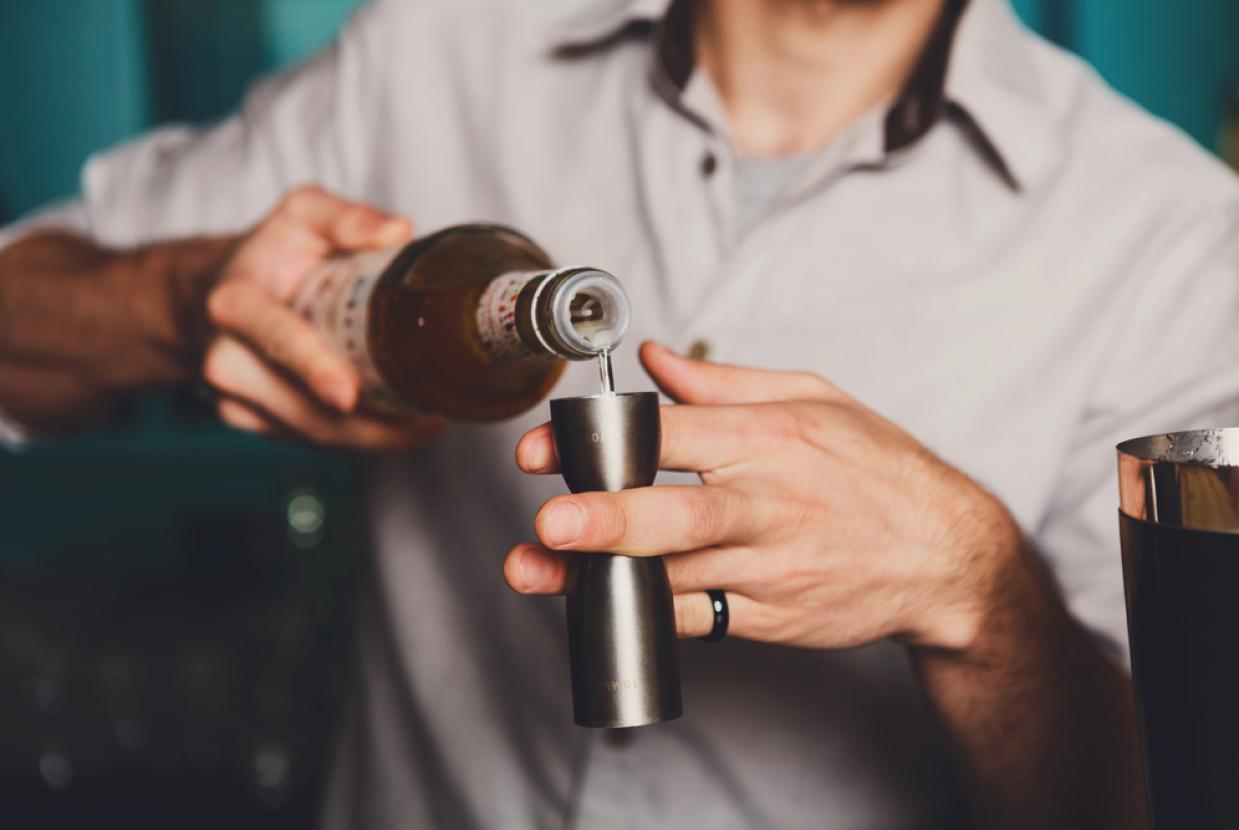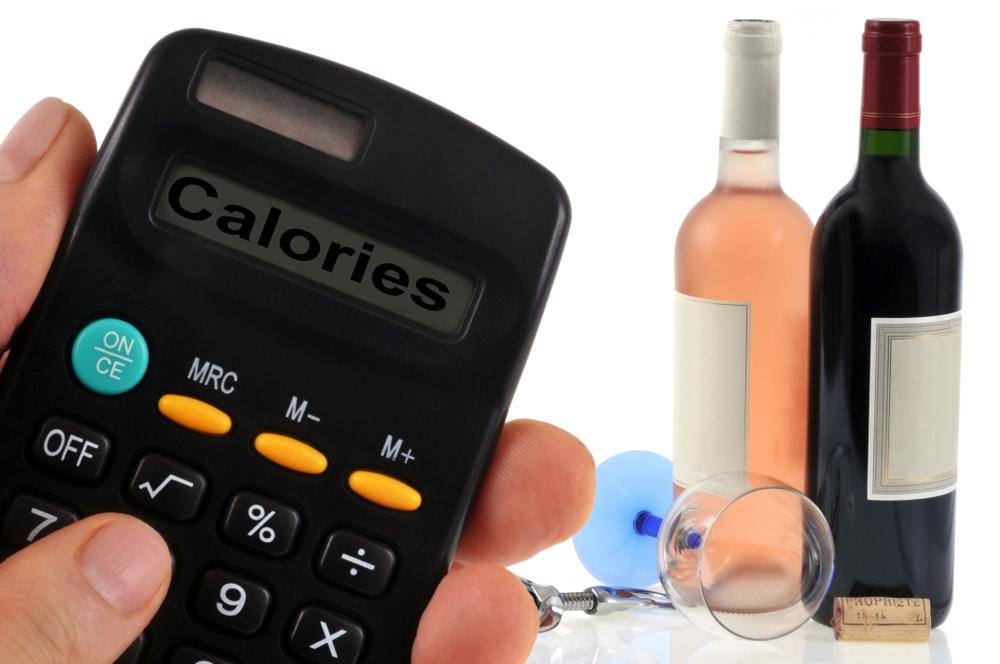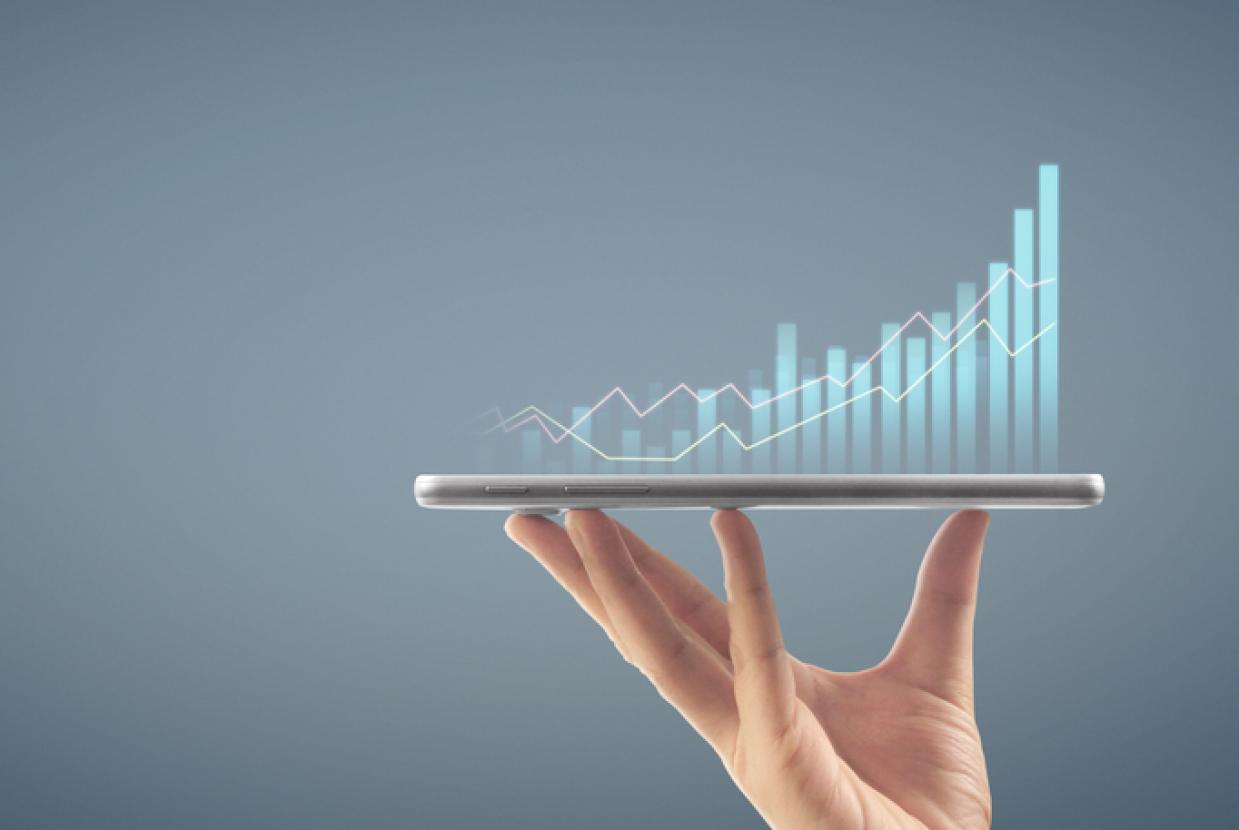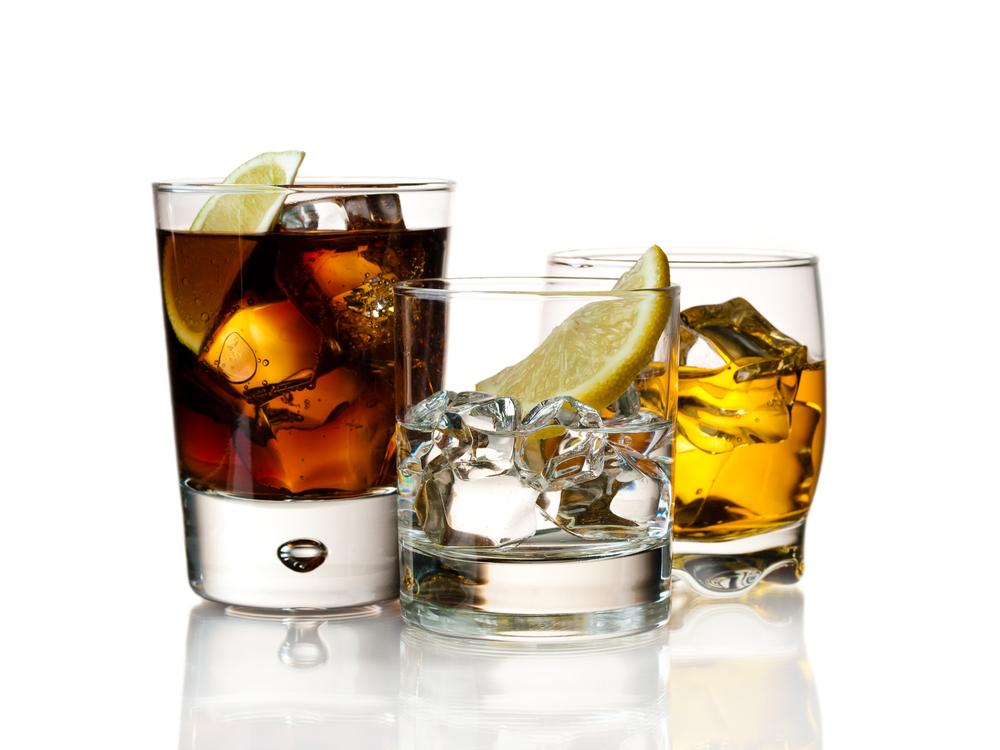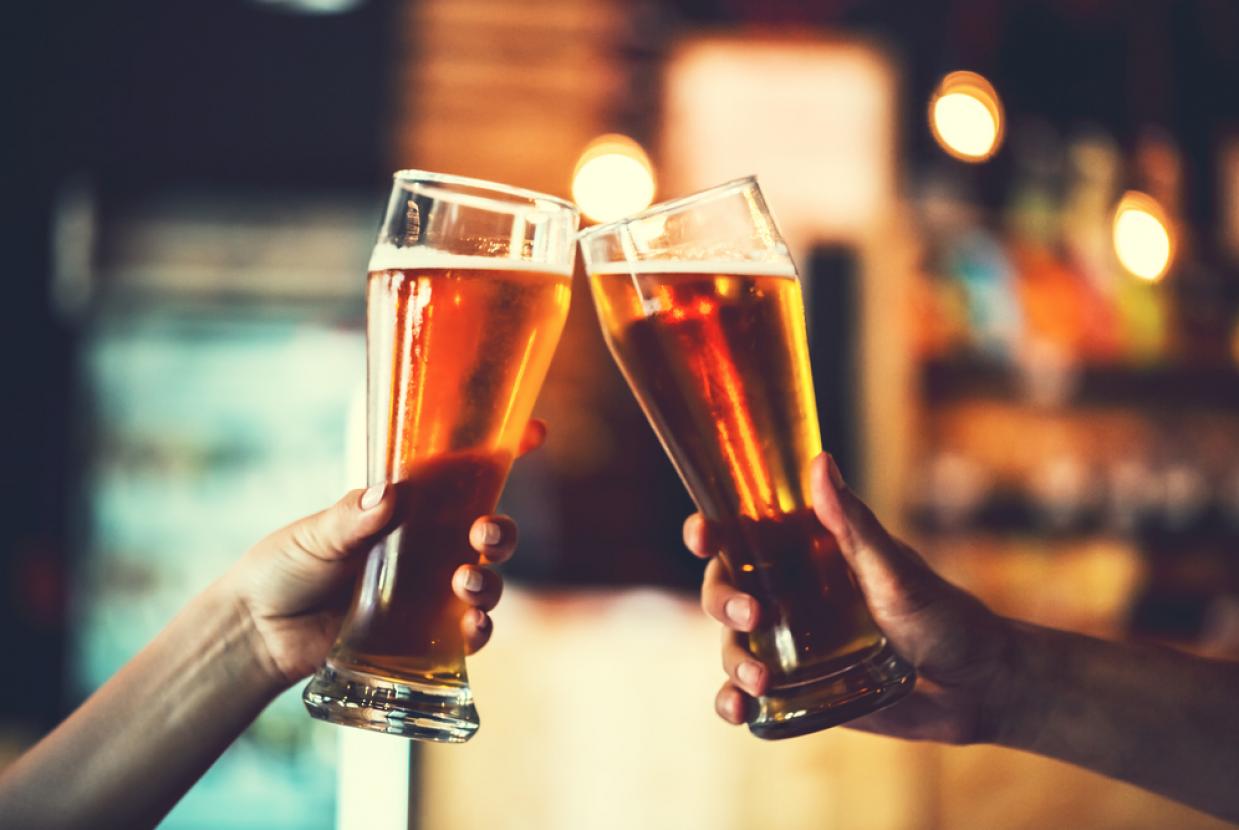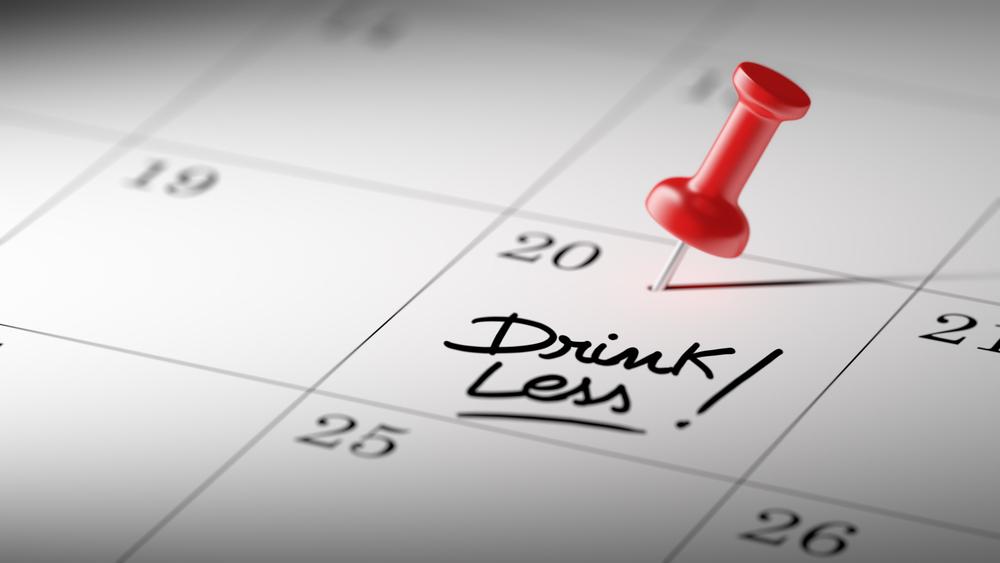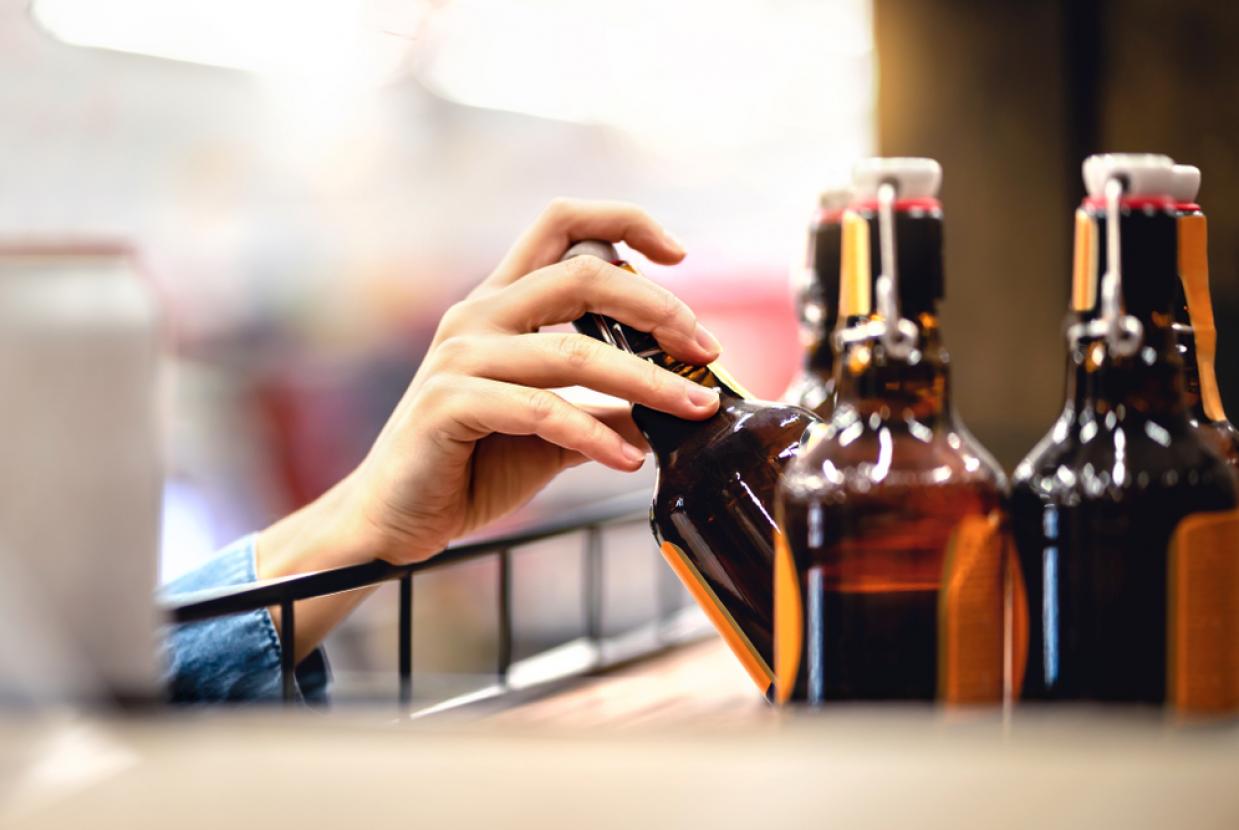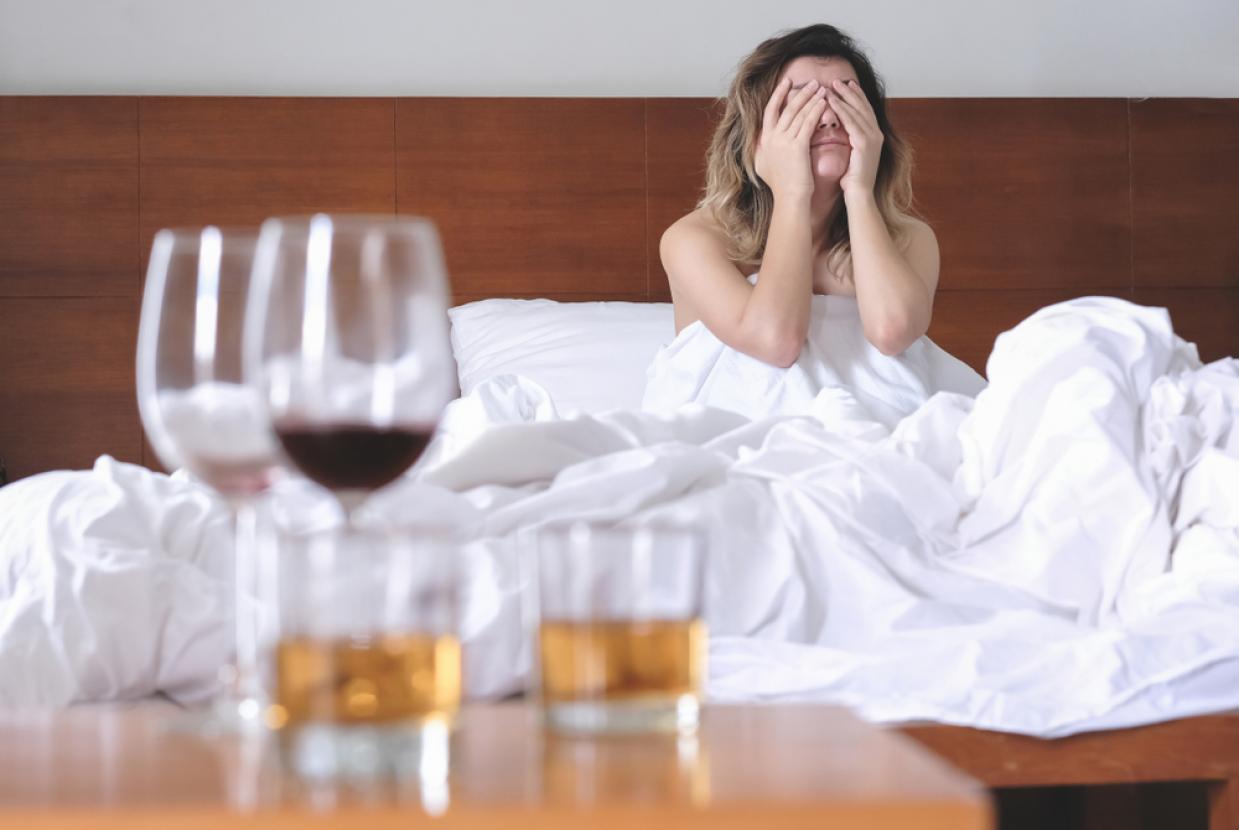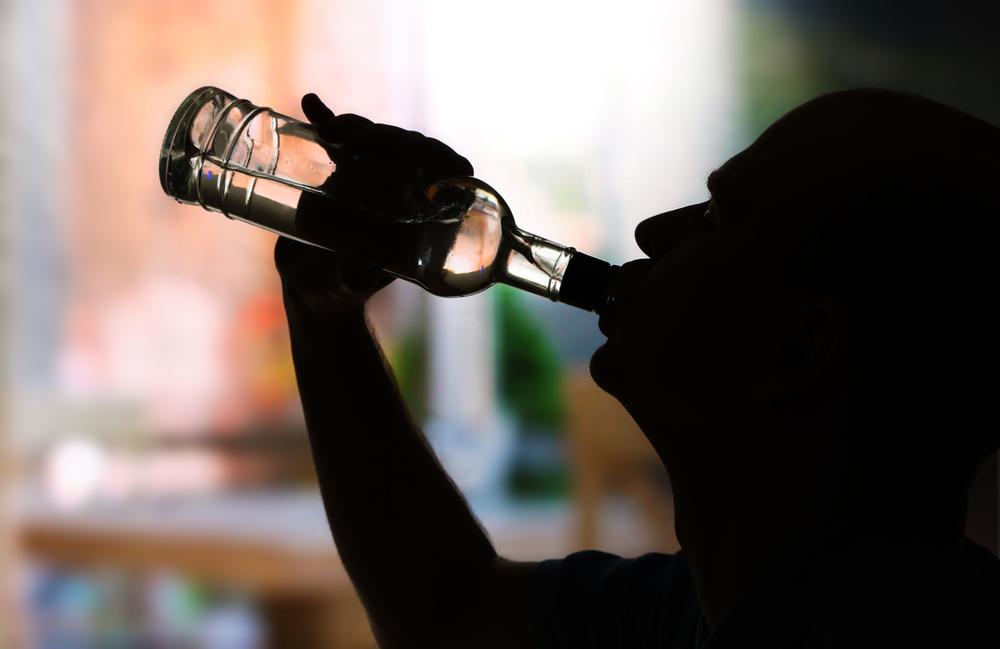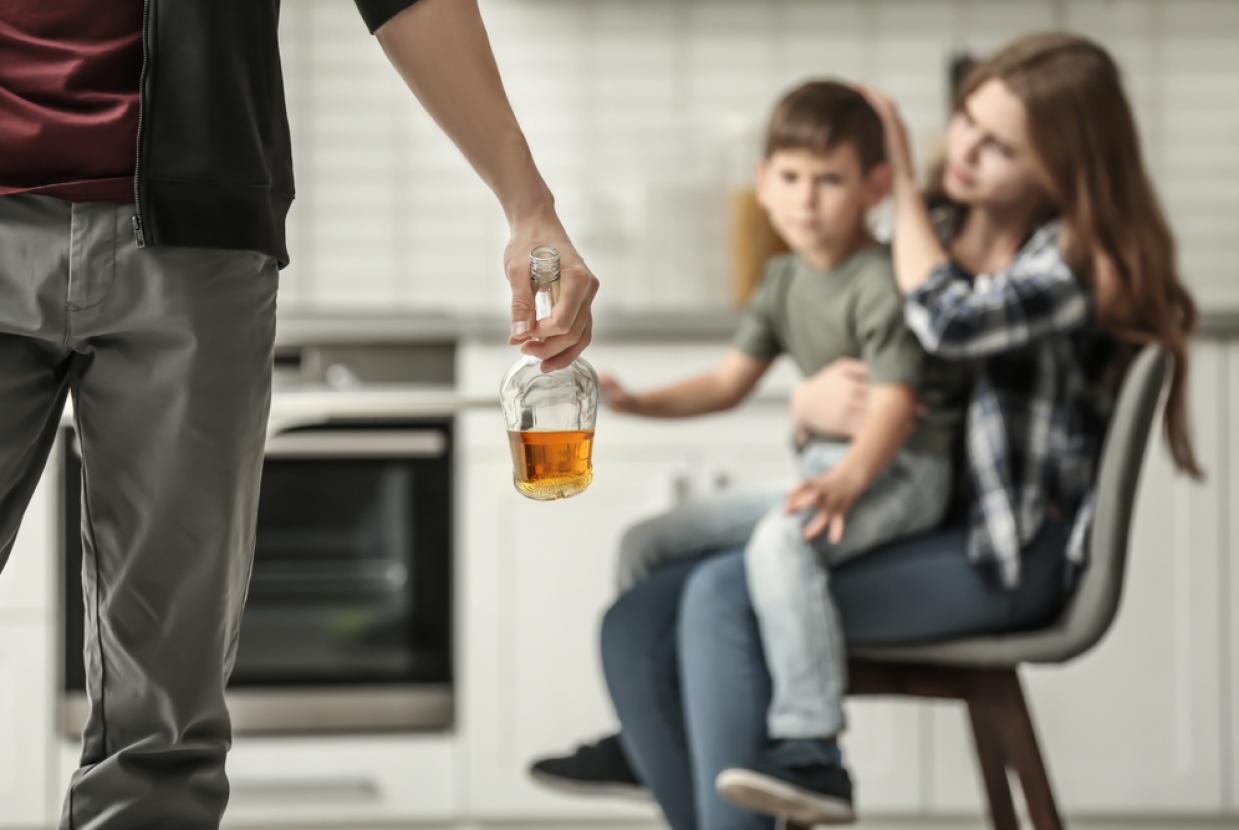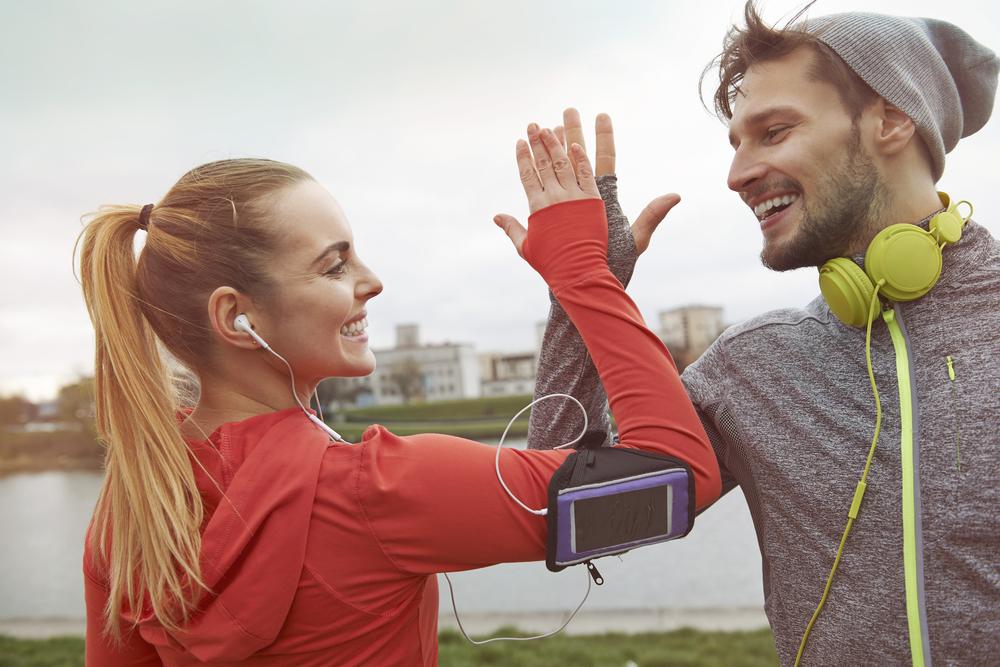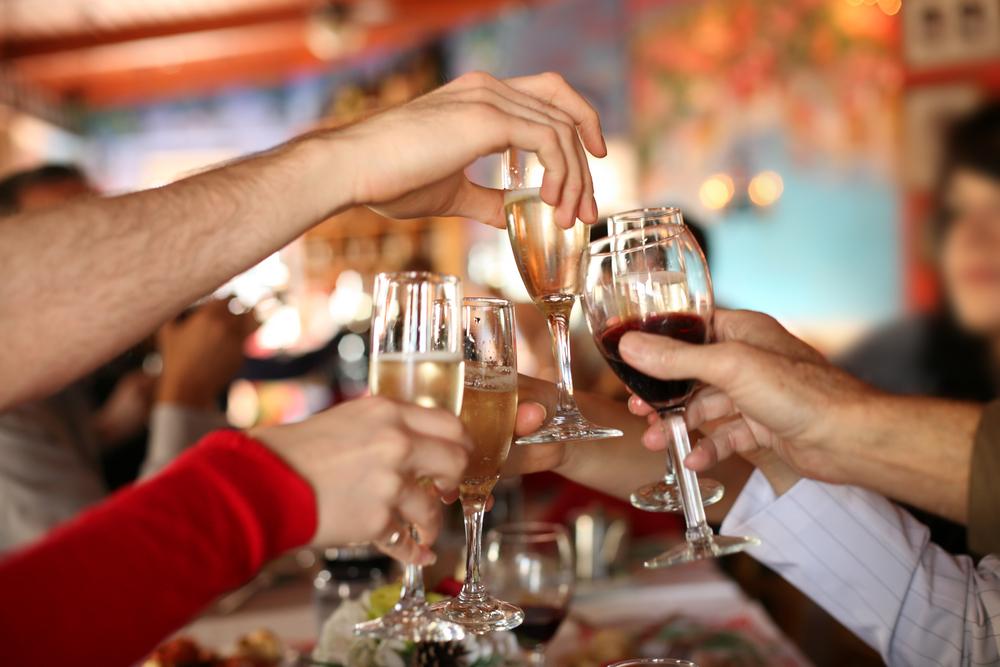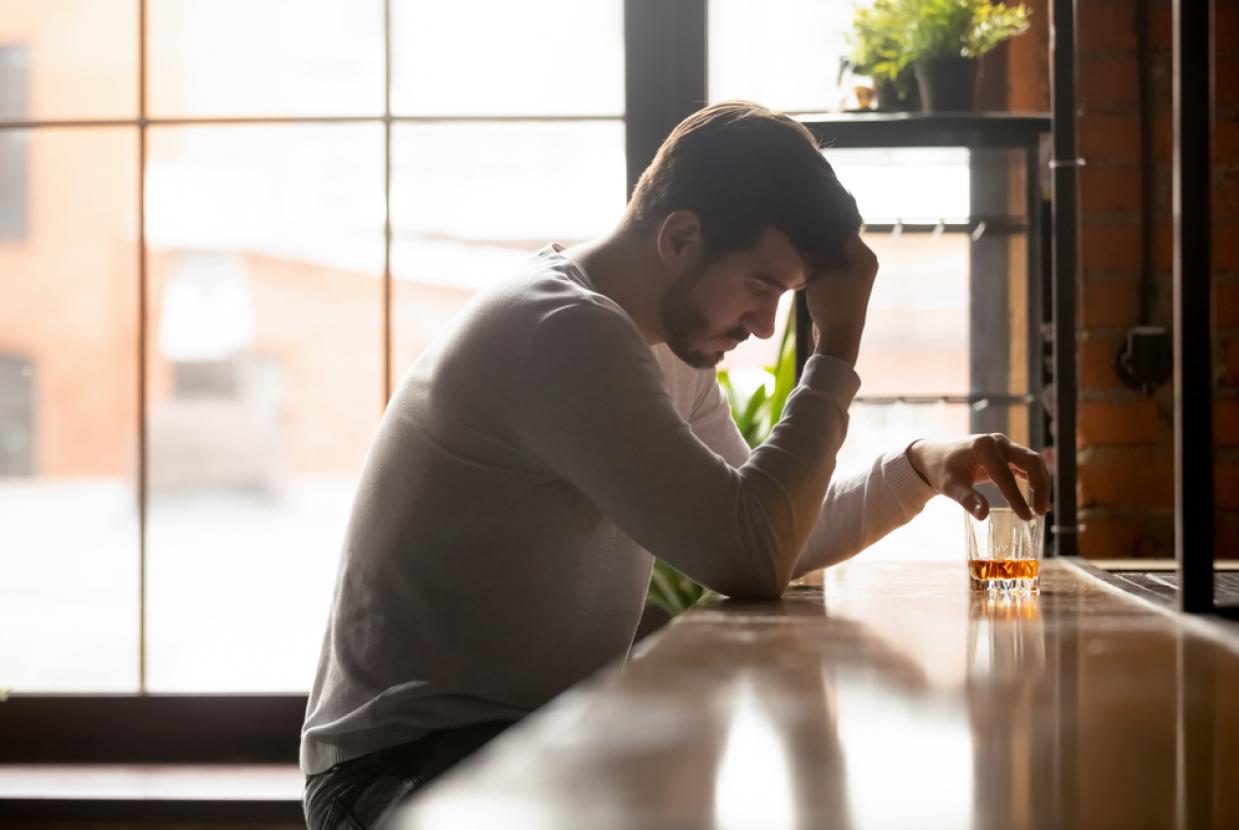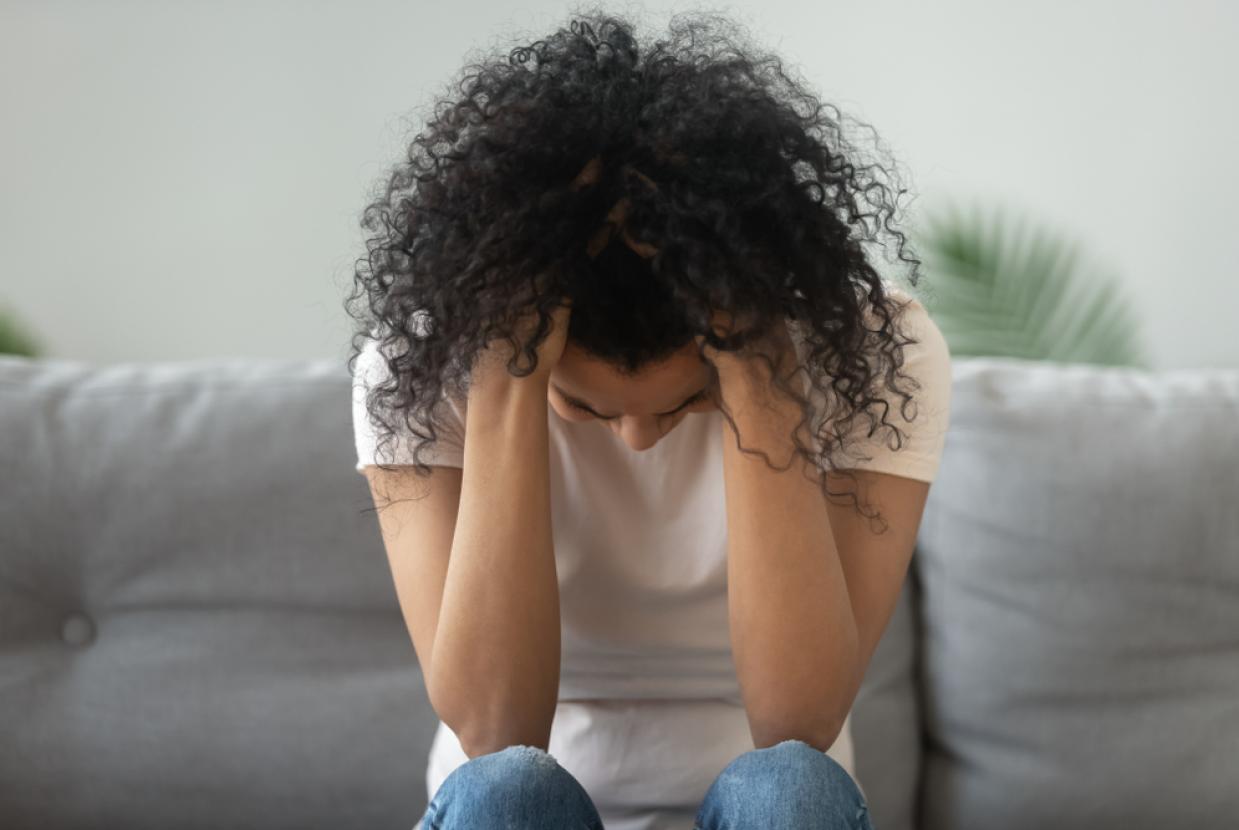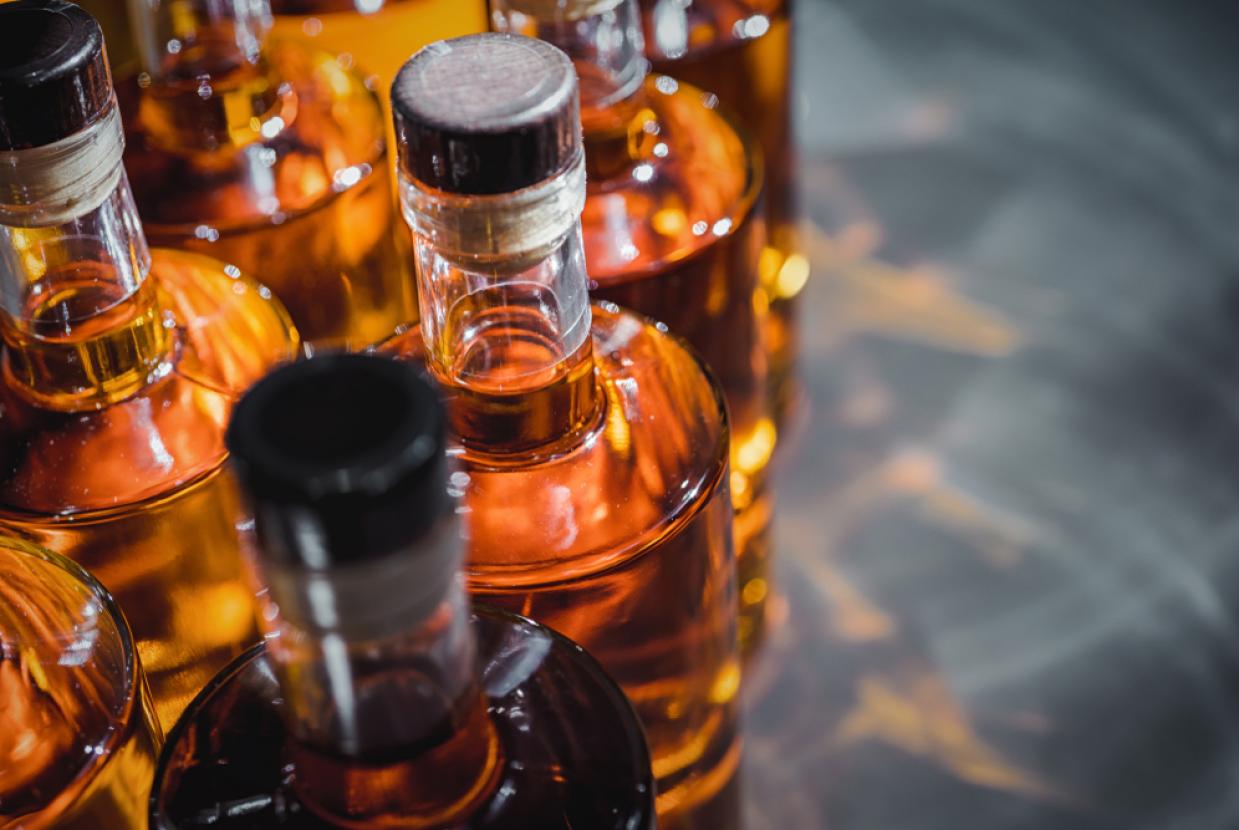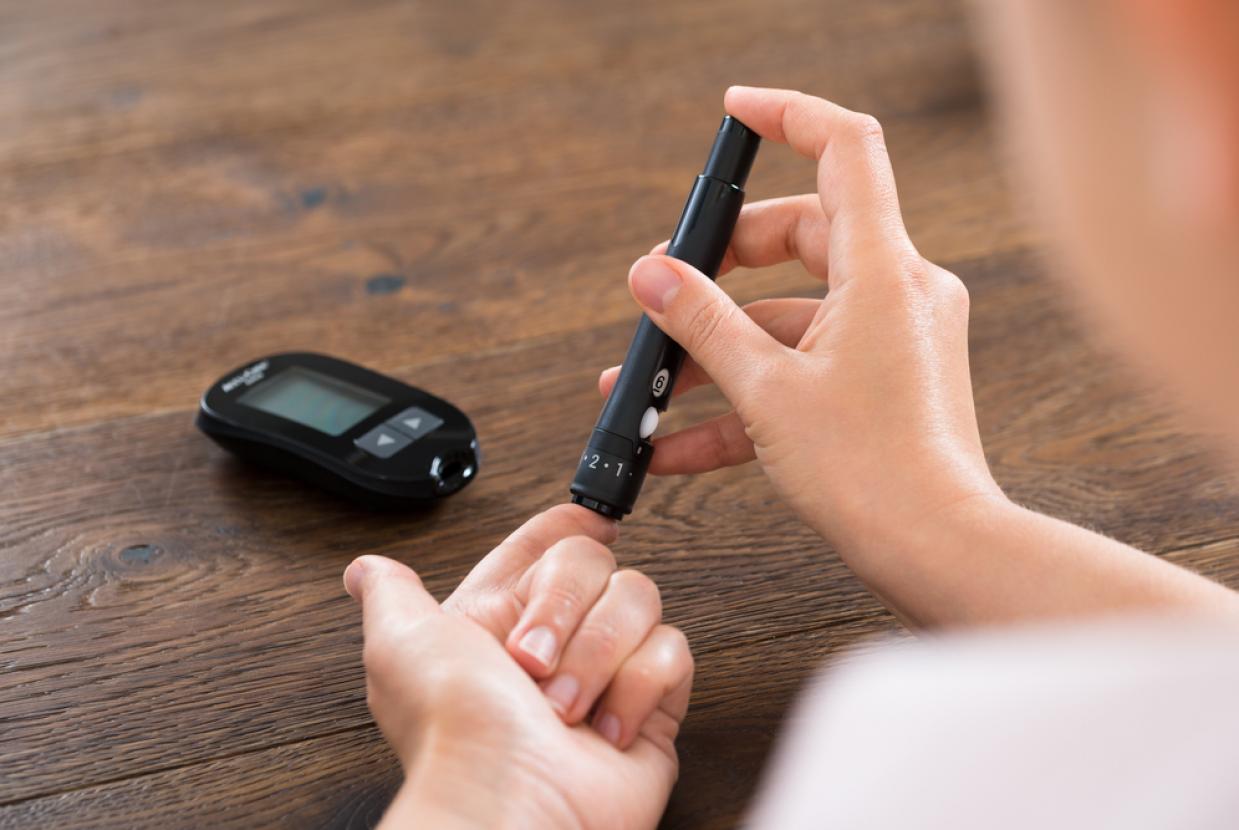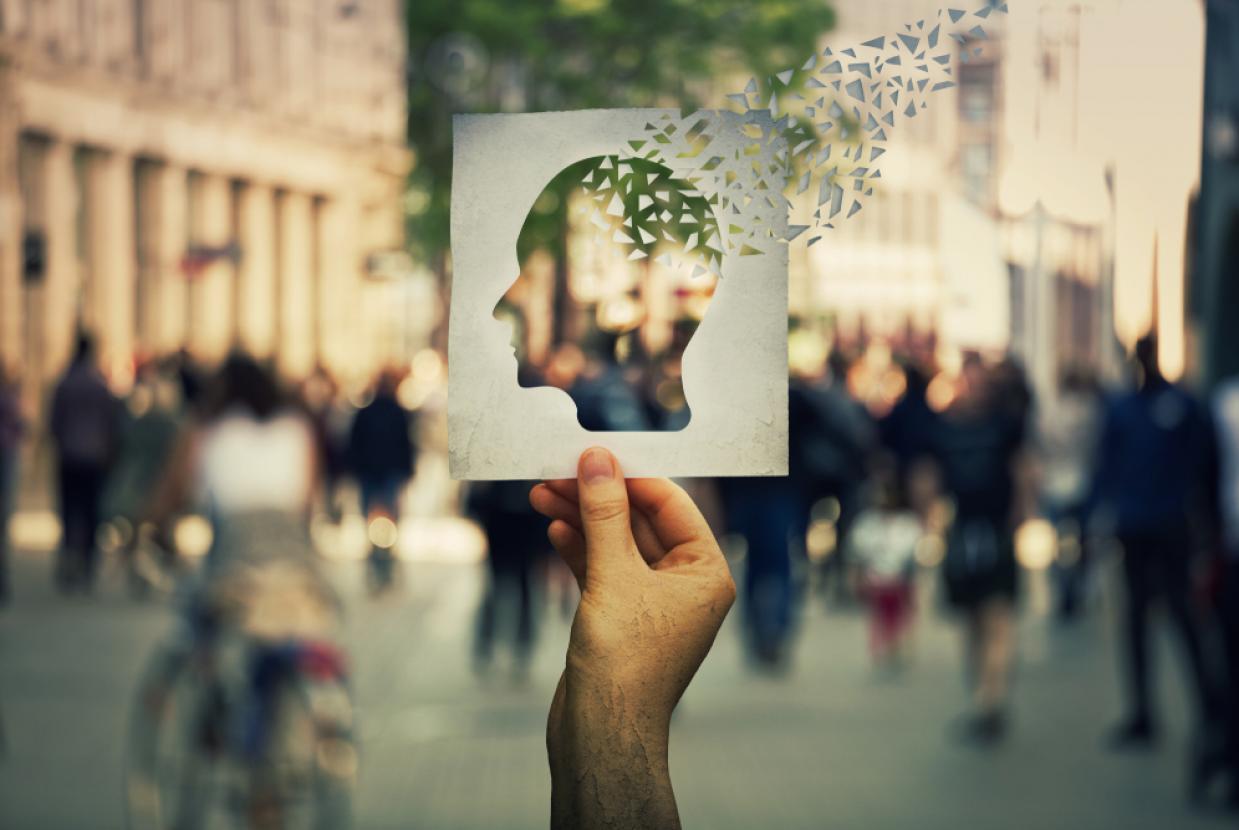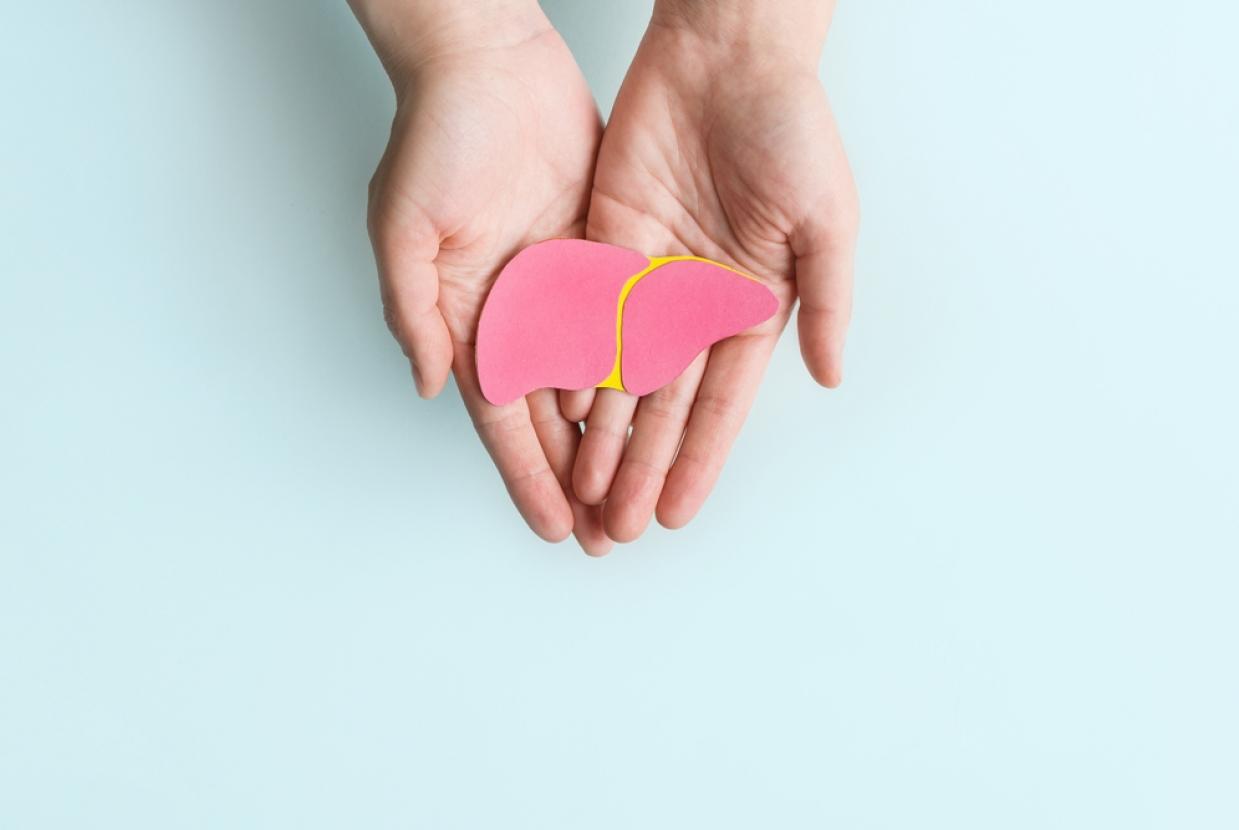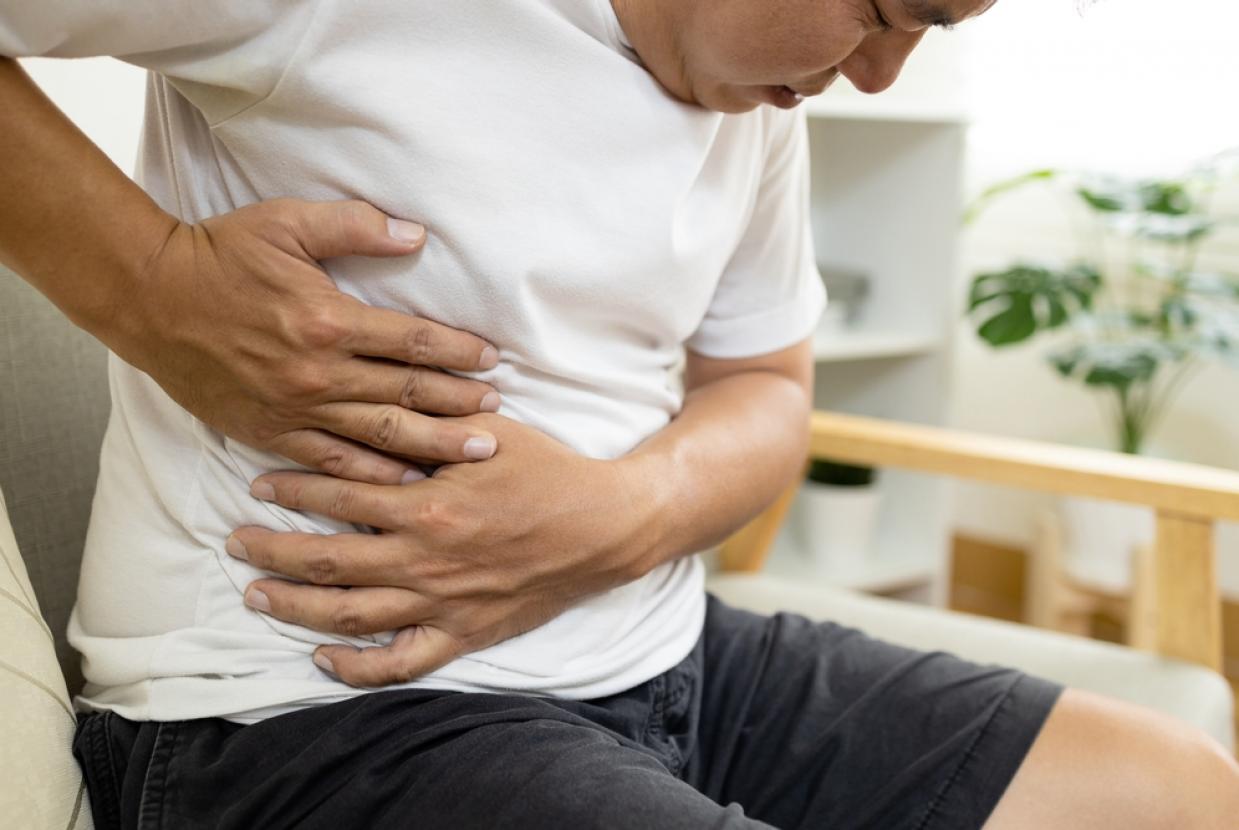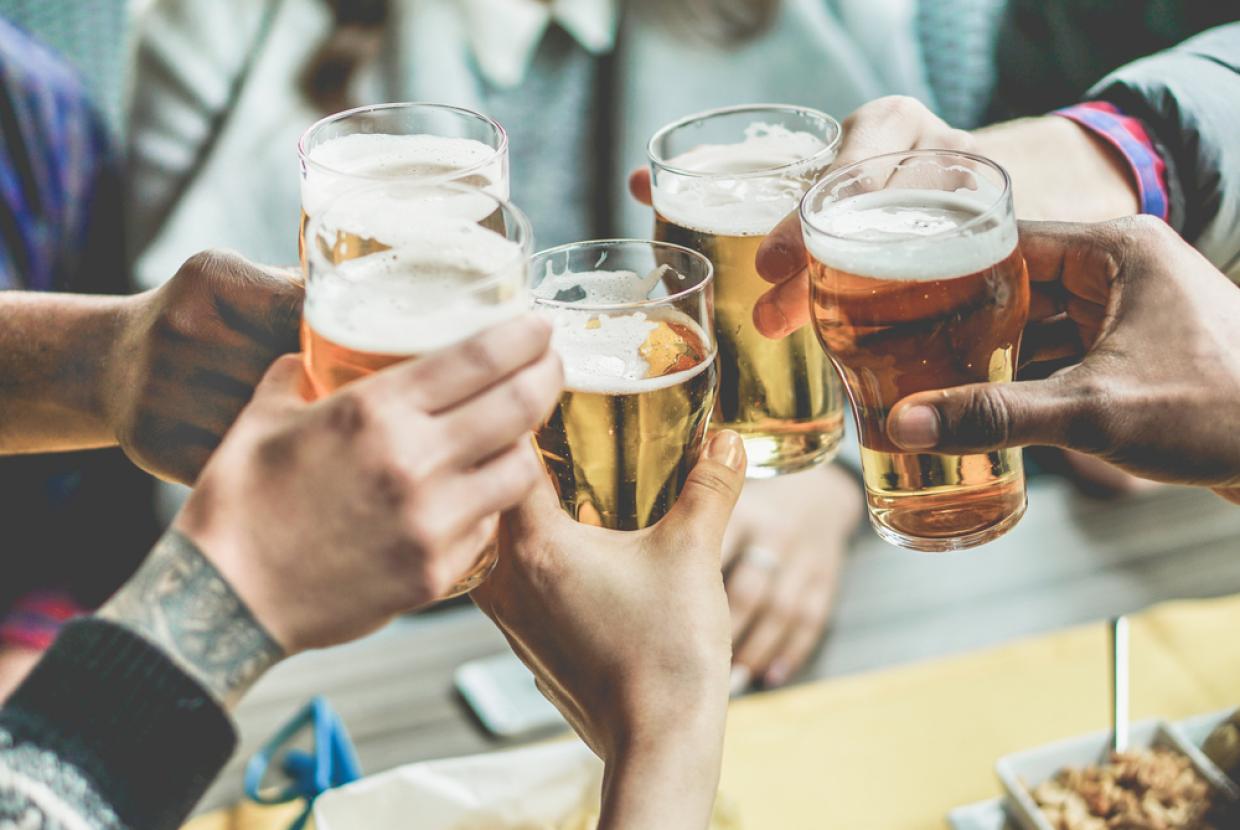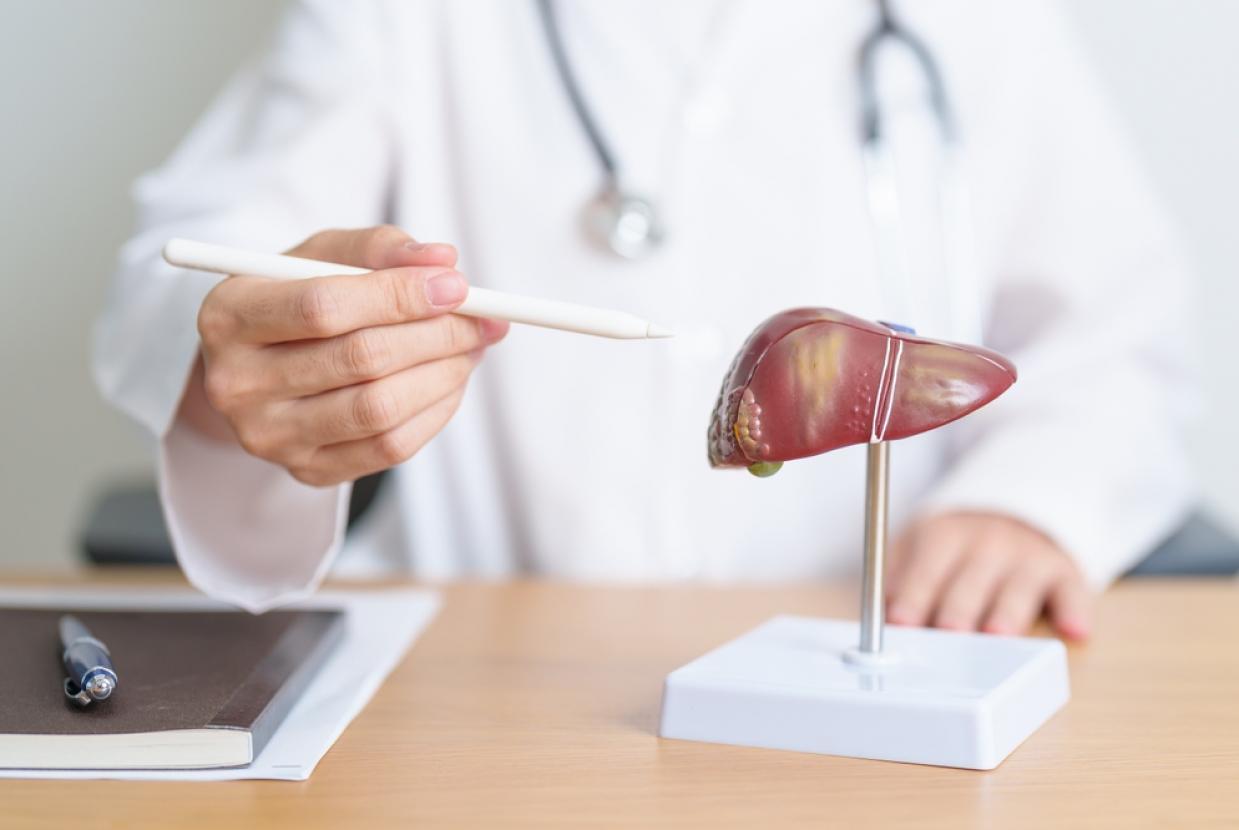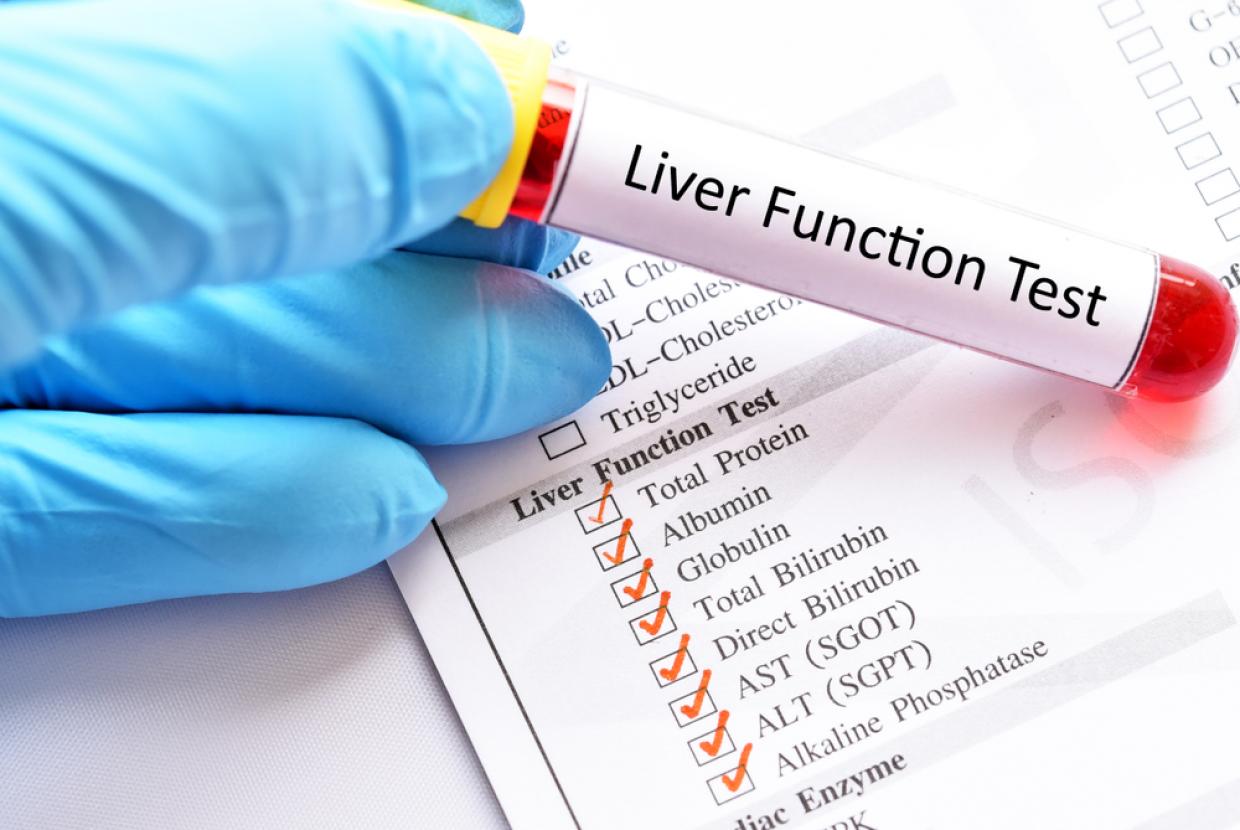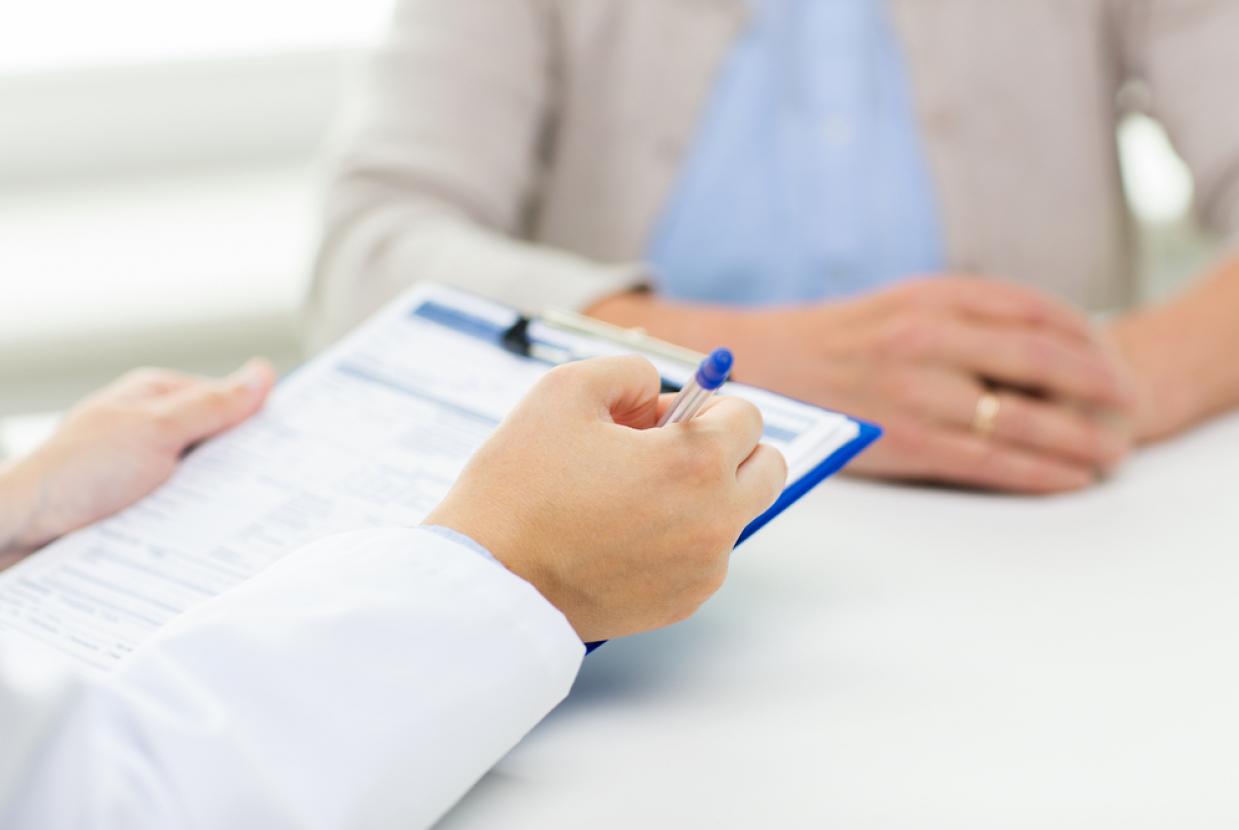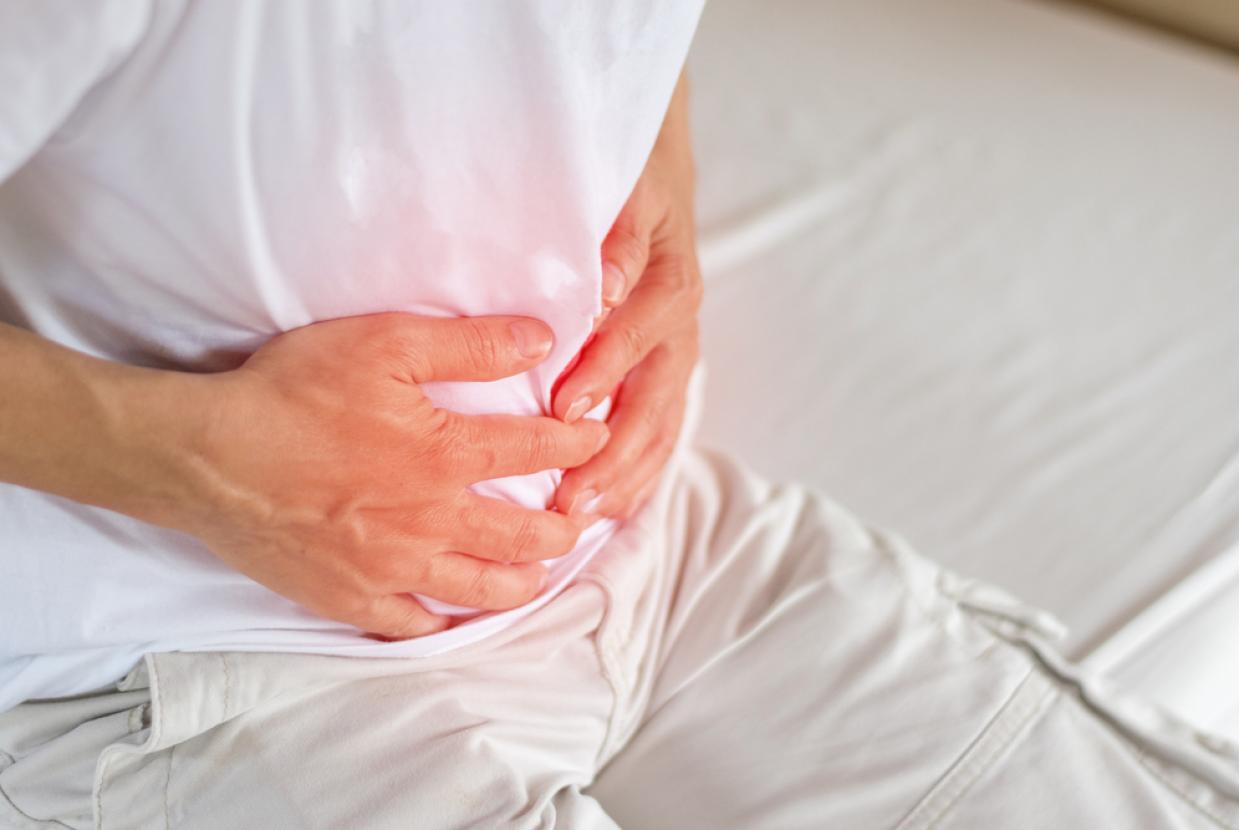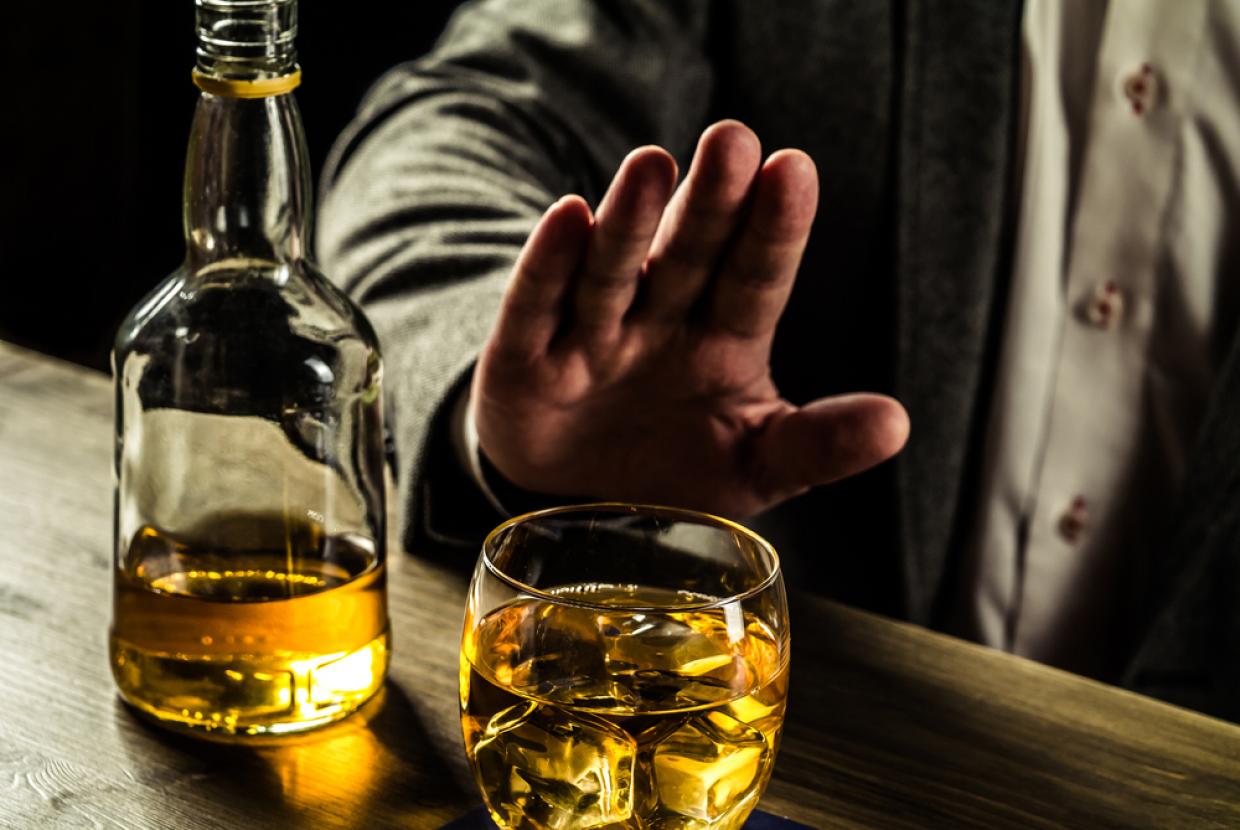7 Things You Learn From Completing Dry January
Alcohol GuidanceThe number one sign of a successful Dry January is that you’ve learned something about yourself that you can use in the future to take, or keep, control of your drinking.
Learning from personal experience is at the heart of Dry January. Rather than being ‘told’ about alcohol harm, in theory, Dry January encourages us to try a month dry in practice, to see what we can learn. The number one sign of a successful Dry January is that you’ve learned something about yourself that you can use in the future to take, or keep, control of your drinking.
Of course, everybody learns different things from Dry January. I’ve experienced two personally transformational Dry Januarys myself (2016 and 2018) and, as CEO of Alcohol Change UK for the last four years, I’ve had the privilege of observing tens of thousands of people taking part in our amazing campaign, using the Try Dry app, and discussing their experiences on our online communities. Here are the seven most common areas of learning that I’ve seen:
1. Learning that I may have developed an unhealthy drinking habit
Many of us go into Dry January thinking “this’ll be easy”. Then, a few days in, we start experiencing cravings to drink. This can be a powerful lesson: that alcohol may have taken a bit more control over our lives than is good for us. It’s important to say that many people will not experience this and will find it pretty easy having a month off. That’s a great thing, and valuable learning too!
2. Learning that I’m not the only one
It can be so easy to believe we’re the only person who has been drinking this much. I remember the massive relief, the first time that I read comments on our super-supportive online community about how much people were drinking. Many people were saying they had got into a habit of drinking at least a bottle of wine a night, sometimes two. Clearly, it’s not great that so many of us are drinking at such risky levels, but when you are in that situation, it is hugely reassuring to understand that you’re not strange, unique, or alone. In fact, you’re kind of normal.
3. Learning that people like me have nailed this
This is the other side of the coin to point 2. I started reading about people who had been drinking as much as I was, but had done a previous Dry January and were now completely in control of their drinking, whether sober, drinking occasionally or moderating. They seemed so grounded and normal; and so many of them reported being much happier. I learned there was hope. If they could do it, so could I!
4. Learning my associations and assumptions
An unhealthy alcohol habit is often built on deeply embedded assumptions and associations. One of the most powerful things we learn is the specific associations that trigger our cravings: opening that cupboard, that time of day, this person, that place. We can also learn that we hold deep assumptions about ourselves, especially the idea that being “a drinker” is “who I am”, a core part our identity. Bringing these feelings and ideas out of the shadows of the subconscious and into the light of our conscious minds helps us to beat them.
5. Learning how to beat these
Knowing your associations and assumptions (point 4) is half the battle. Unlearning them is the other half. And Dry January is brilliant for experimenting with techniques that can help us overcome these cravings, break our associations and rewrite our assumptions. We can practice saying “no thanks” until we perfect that polite-and-cheery-but-don’t-ask-me-again voice. We can experiment with drinks that are free from alcohol. We can practice going to places where previously we’d have drunk and seeing how we do. We won’t always get it right, but our ‘failures’ are just opportunities for learning what didn’t work, experimenting with something else next time. The skills and techniques we develop here give us power.
6. Learning that alcohol does not need to be at the centre of our lives
For me, the big moment here was going to a pub with friends and drinking an alcohol-free beer. I felt relaxed, happy, chatty. All the things I previously believed were caused by the alcohol, turned out not to be. They were caused by me, sitting, relaxing, chatting to my friends. There are ways to have fun without alcohol, ways to relax without alcohol, ways to deal with anxiety without alcohol, ways to live without alcohol. Learning that alcohol is optional, not essential, is a major step forward.
7. Learning that life in control of alcohol can be better
It’s so easy, at the start of Dry January, to think we’re giving something up. It seems to make sense. At that point, we’re so focused on alcohol. We’ve got confused and made the mistake of thinking it’s essential to life. So Dry January feels like a denial. But by the end of the month, many of us have experienced such incredible benefits – deep restful sleep, a clear mind, extra energy, better relationships with those around us, perhaps having saved a lot of money or lost weight – that making this change permanent becomes desirable as well as possible.
That’s an awful lot of learning! And it can take much longer than a single month to get to this point. But once we have, our journey towards drink control can become self-sustaining. We have all the tools we need – the desire, the insights, and the techniques to create for ourselves a life in control of alcohol.
After this, there is more learning to come, if we wish. We can start to educate ourselves about the harmful effects of alcohol, about the different types of alcohol harm, about the millions of people negatively affected by alcohol in different ways, about the amazing work of people across the land that helps people who are experiencing alcohol harm, and about the role that the government and the alcohol industry could play in changing things if they were willing to do so.


